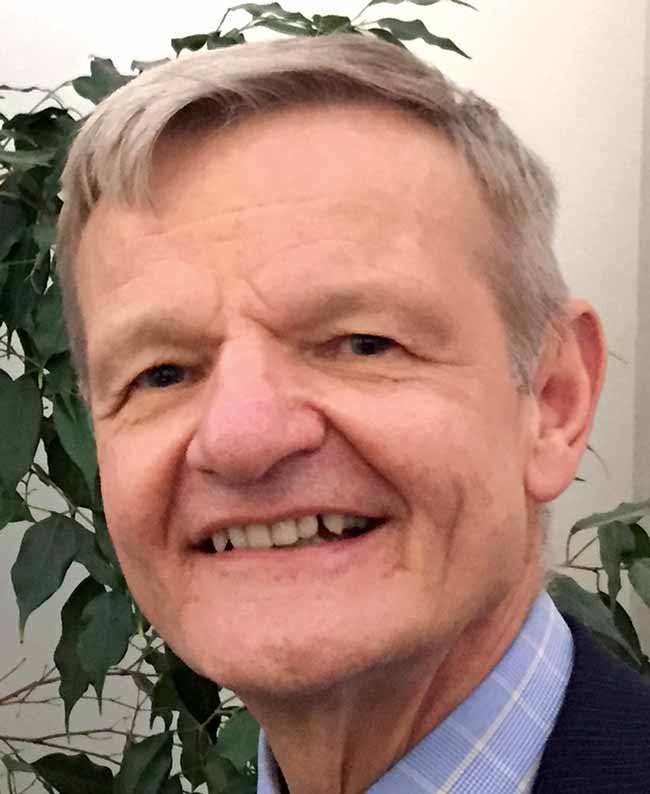
MA, VetMB, PhD, DVR, DEO, DipECVS, FHEA, FRCVS
Royal Veterinary College, Hawkshead Lane, North Mymms, Hatfield, Hertfordshire AL9 7TA.
T 01707 666270
M 07768 288711
PROPOSERS: Sue Dyson, Andrew Harrison
I graduated from the University of Cambridge in 1980. After spending time as large animal house surgeon (intern) at the University of Liverpool and in general practice, I undertook further training in equine surgery and diagnostic imaging, at Liverpool, subsequently gaining diplomas in veterinary radiology and equine orthopaedics. I then studied for a PhD at the RVC, followed by a return to Liverpool as lecturer in equine orthopaedics.
I was recruited to the RVC in 1993 to rebuild the equine clinical services and promote equine research, subsequently becoming head of the farm animal and equine clinical department, the college’s vice-principal for teaching and deputy principal. In these roles, I was challenged to expand the college’s educational vision from a school for veterinary surgeons to one for the whole veterinary team, at first degree, postgraduate degree and CPD levels.
My broader contributions include being chairman of the Higher Education Academy Panel involved in the award of National Teaching Fellowships. I am currently senior vice-president of the European Board of Veterinary Specialisation and a past president of the European College of Veterinary Surgeons. I have chaired the RCVS education committee, its CertAVP sub-committee and legislation working group, and served on the disciplinary and standards committees.
Manifesto
My passion is the education of future veterinary surgeons and their well-being. I have felt privileged to serve as chairman of the education committee, contributing to development of the RCVS requirements for veterinary degree programmes and the CertAVP, and as chairman of the working group that created the new royal charter. However, our work is never complete.
If re-elected, I am keen to champion “the scholarship of primary care” and turn the focus on education aimed at developing expertise in primary care practice, the initial destination for most UK graduates. Our understanding of the fundamentals of clinical reasoning has progressed, but the distinction between hospital-based and primary care reasoning processes needs to be made, so all can be reassured excellence is not measured by the automatic use of a panel of diagnostic tests. It is important the “expert generalist” is fully recognised in the revised criteria for the RCVS Fellowship.
The new charter has provided powers to properly recognise the whole veterinary team. Vet Futures has highlighted the public need alongside our responsibility for animal welfare. Therefore, we must work together to ensure any delegation within the Veterinary Surgeons Act is matched to the skill set of those supporting veterinary services. This will be a task for RCVS council, whatever shape it may take.
I have considerable experience of committee chairmanship in the public and private sectors, as well as governance reviews in two other organisations. Therefore, I feel I have the skills and experience necessary to help move the profession forward in these challenging times.
As someone who has loved the different roles I have played during my veterinary career, I look forward to making my continued contributions to safeguarding the public, our profession and the animals to whom we have collectively dedicated our lives.

Leave a Reply